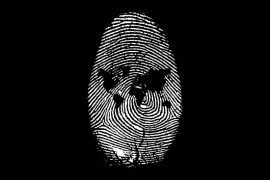Imagine a situation where millions of email id and password combinations were leaked, from a major travel booking website. Not a biggy, right? Make a new account, or reset your password. Your online travel is only marginally inconvenienced. Life moves on.
Well, not quite. Since users tend to reuse their passwords across sites, a leak from one site tells a hacker a lot about your password habits and preferred email id on others. Now imagine if, in the last few years, such data has been leaked on multiple occasions.
In 2016, we are outside of the realm of imagination. User data leaks have happened for companies such as RedBus, Adobe, LinkedIn, Myspace, Yahoo, HDFC, ICICI, SBI – to name a few.
Everyone and everything from Rahul Gandhi to presidential elections and nuclear reactors have had a taste of the dangers of being in the digital age. Viruses can hijack your systems, block access to important files and demand a ransom. They can lurk within images sent in email attachments, and run a keylogger to record every word you type. Often, it’s not the virus you should be worried about, but the people creating it.
Copyright©Madras Courier, All Rights Reserved. You may share using our article tools. Please don't cut articles from madrascourier.com and redistribute by email, post to the web, mobile phone or social media.Please send in your feed back and comments to [email protected]











